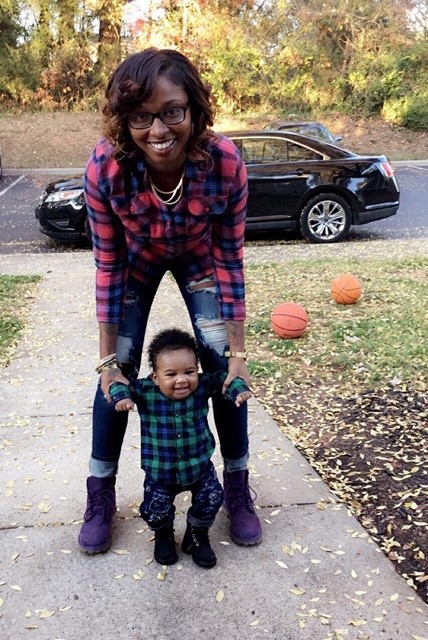Javourya Winstead had several charges in her youth as a result of being, in her own words, “young and reckless.” Although these charges were from long ago, she still faced the collateral consequences of her past convictions.

Criminal records significantly hinder social mobility, particularly for Black people and other communities of color. Expungement reduces the list of nonviolent offenses that will “flag” a criminal background check, which can automatically disqualify someone for a job. In addition to removing barriers to employment, research shows that expungement leads to increased wages and reduces recidivism—the possibility of someone receiving another charge or becoming re-incarcerated.
Eighty-five percent of our clients who seek expungements are Black. Charlotte Center for Legal Advocacy is working toward eliminating the collateral consequences of the criminal justice system, giving people who deserve it a second chance, and ensuring individual’s past mistakes are not a substantial barrier to economic opportunity. With our systemic advocacy initiatives, Governor Cooper signed the Second Chance Act into law, which expands eligibility for N.C. residents to have nonviolent criminal offenses removed from their records through expunctions.
Javourya felt that her past actions no longer reflected the person she is today: “In reality, everybody’s done something [wrong], whether you got caught or not; it’s the principle that I had to own up to it. I did it. And the only thing I can do is change.” She reached out to Charlotte Center for Legal Advocacy just to see if her record could be expunged: “I hesitated because I thought, ‘I don’t know if my record’s good enough.” To her surprise, it was.
No longer burdened with past mistakes, Javourya “felt like the world lifted off my shoulders. . . I’ve heard ‘no’ so much because of my record that it finally feels good to be able to say sooner or later I’m going to hear a ‘yes.’”
With her record expunged, Javourya has been able to support herself and her three-year old son and is attending school for real estate this fall. She encourages others like herself to “just make that one phone call and talk to someone at Charlotte Center for Legal Advocacy because they are the professionals and know what they’re talking about. One mistake should not be a lifetime sentence.”
Learn more about the Access To Justice Campaign here.